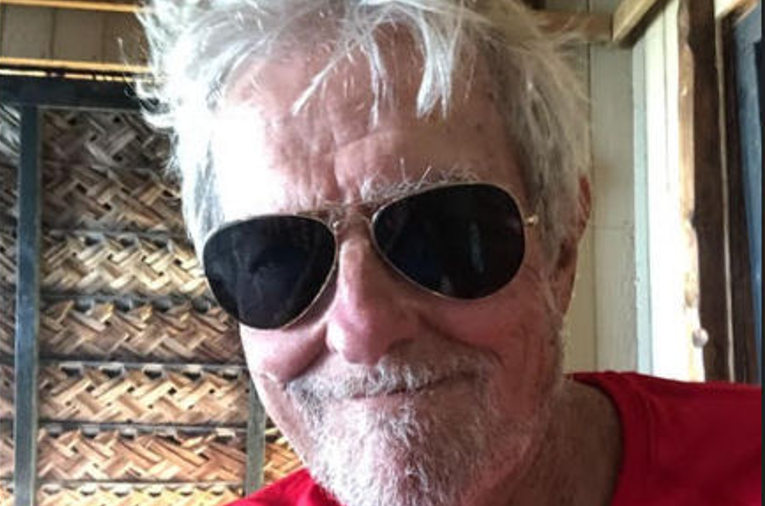Last week Nate Hagens informed me of some sad news and offered a brief reflection:
Friends, I was informed by Jay Hanson’s wife today that he died unexpectedly on a diving trip in Indonesia.
Many of us were greatly influenced by Jay’s thinking and writing over the years and the many listservs and websites he curated, starting with ‘brainfood’ in the 1990s. Jay had a world class mind and was the first person I came across to integrate the ‘big picture’ – environment and economic issues but particularly human behavior and ‘net energy’. I stayed with him and Phyllis many times and in person he was just a normal (but smart) guy that liked to swim in the ocean, design electronics and play with his dogs. He made a lasting impression on me -and many others – with his ideas, his systems ability, his kindness and always saying exactly what he felt. Jay was uniquely immune to the “consensus trance” and didn’t let any sort of status or social pressure influence his analysis or writings, which was a rare thing then and even rarer now. While I ultimately disagreed with his certainty on how everything will play out, Jay has been more right about how things are playing out than most. In any case, the world lost a one of a kind human being this week. R.I.P Jay”
My introduction to Jay Hanson came from reading Richard Heinberg’s book The Party’s Over, so I reached out to get Richard’s reaction and here’s his response:
“I learned sadly just recently that Jay Hanson, my earliest source of information about Peak Oil, died last week on a diving trip in Indonesia. He had made enough money from software and electronics to retire early, and, starting in the late 1990s, be began a series of highly influential email lists. Brain Food was the first; I don’t recall how I found out about it, but it was through Jay’s posts on it that I learned about Campbell’s and Laherrere’s groundbreaking Scientific American article (“The End of Cheap Oil”) and Bill Catton’s 1982 book Overshoot. My own book The Party’s Over relied heavily on material from Brain Food.
Jay kept the basic story of the human predicament (as he understood it) archived at dieoff.org—a website whose name reflected his view of humanity’s future. However, he did not write a book on the subject, and therefore didn’t develop a wide reputation outside the circles of readers who somehow found their way to his fairly obscure sites. Nevertheless, his influence spread far and wide. I owe him a debt of gratitude.”
In 2008, through Nate’s connection with Jay, I was able to interview him on my radio program, The Reality Report. For someone so prolific online, it was very interesting to hear his voice, which gives a more complete perspective on his personality and the motivation for his many years of research and communication. Clearly, Jay was someone very concerned about the future and wanted to do something about it in his own way.
I found a recording of the radio interview here:
For more on his work and influence see:
http://www.jayhanson.org/oldindex.htm
https://candobetter.net/node/5739





